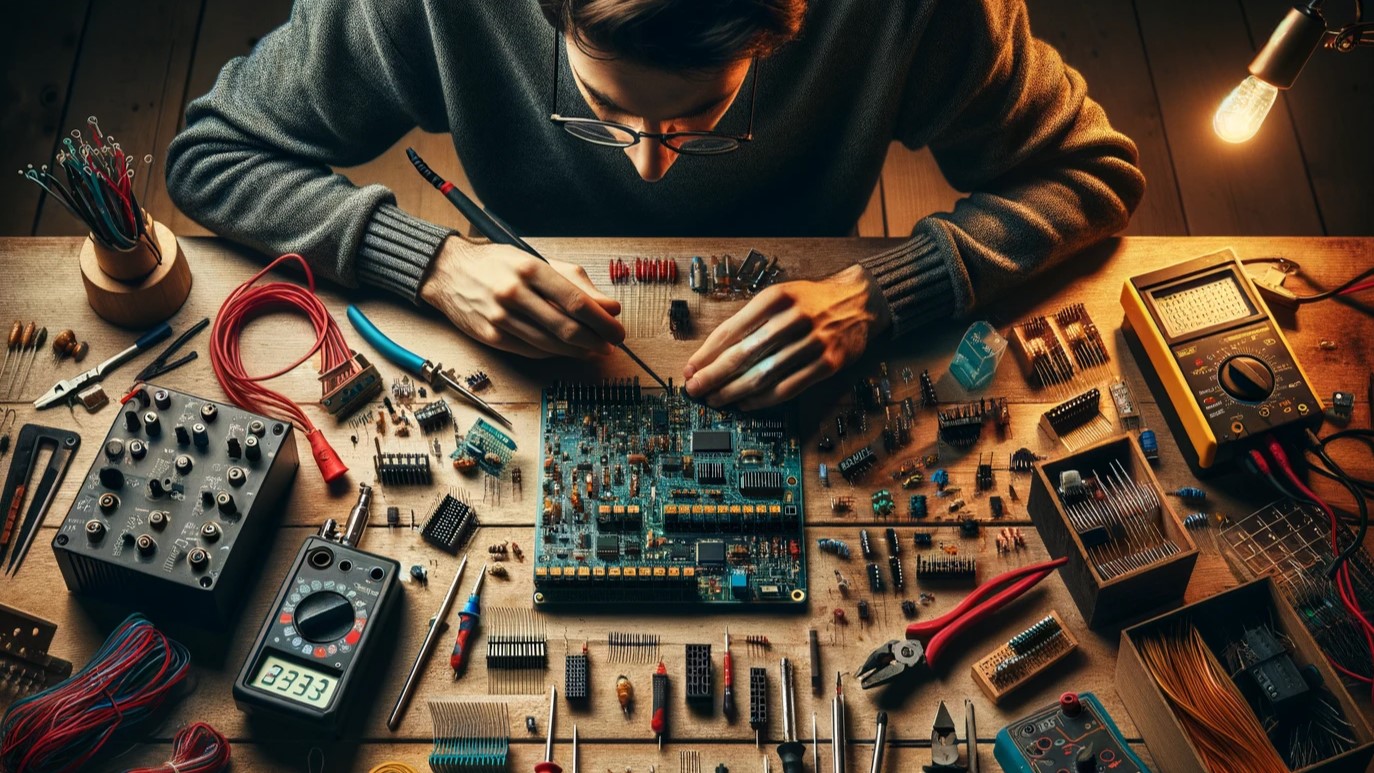DIY in electronics refers to the practice of creating, modifying, or repairing electronic devices independently, without the direct assistance of experts or professionals. This do-it-yourself approach has gained significant traction among hobbyists, enthusiasts, and even professionals due to the accessibility of resources and the evolving landscape of technology. In the context of DIY electronics, individuals engage in various projects ranging from simple tasks like assembling kits to complex endeavors like building robots or designing custom circuits.
The Spectrum of DIY Electronics Projects
- Assembling Electronic Kits: A great starting point for beginners. These kits come with all the necessary components and instructions to build gadgets like radios, simple robots, or digital clocks.
- Arduino and Raspberry Pi Projects: These microcontroller and microcomputer platforms are the heart of countless DIY projects. They can be used to create anything from automated plant watering systems to home automation gadgets.
- Robotics: DIY robotics involves building and programming robots. This can range from simple wheeled robots to more complex machines with multiple sensors and actuators.
Learning and Community
A key aspect of DIY electronics is the learning process. It’s not just about building a project but understanding the underlying principles of electronics, circuitry, and programming. Additionally, the DIY electronics community is a rich resource. Forums, social media groups, and local meetups offer opportunities for sharing knowledge, troubleshooting, and collaboration.
Tools and Skills
Essential tools for DIY electronics include soldering irons, multimeters, wire strippers, and various hand tools. Skills developed through DIY electronics span soldering, circuit design, programming, and problem-solving. As projects become more complex, these skills are honed and expanded.
The Impact of DIY Electronics
The DIY approach in electronics fosters innovation and creativity. It empowers individuals to create custom solutions to everyday problems, build unique gadgets, or even prototype inventions. The educational aspect can’t be understated either – it’s a practical and engaging way to learn about technology.
Future Trends
With advancements in technology, the scope of DIY electronics is broadening. Internet of Things (IoT), wearable technology, and smart home devices are just a few areas where DIY enthusiasts are making significant contributions.
DIY electronics is more than a hobby; it’s a gateway to understanding and shaping the technological world. Whether it’s for fun, education, or innovation, the world of DIY electronics offers endless possibilities for creative minds.
Now, imagine an image that captures the essence of DIY electronics. Picture a well-organized workspace with a variety of electronic components spread out. In the center, a person is intently focused on assembling a circuit board. This scene is a snapshot of the meticulous and passionate world of DIY electronics enthusiasts.



